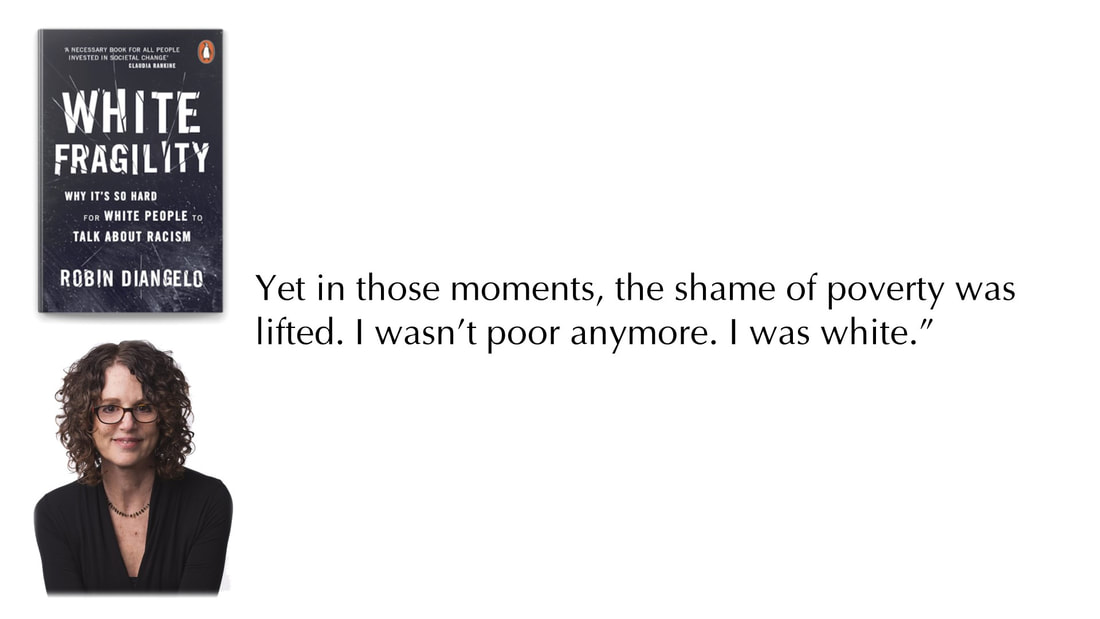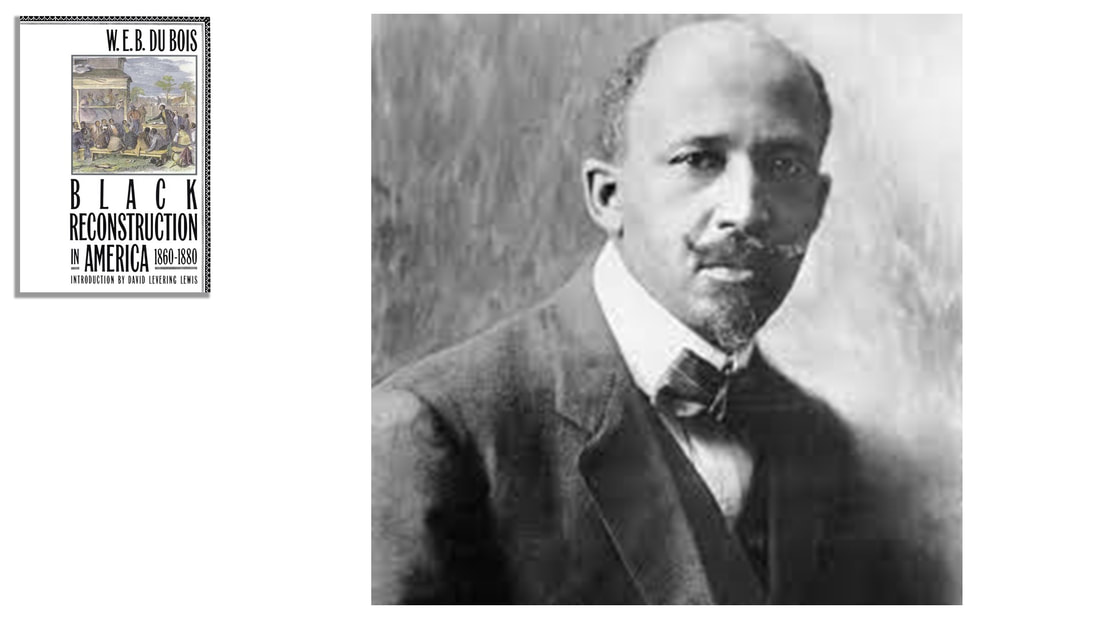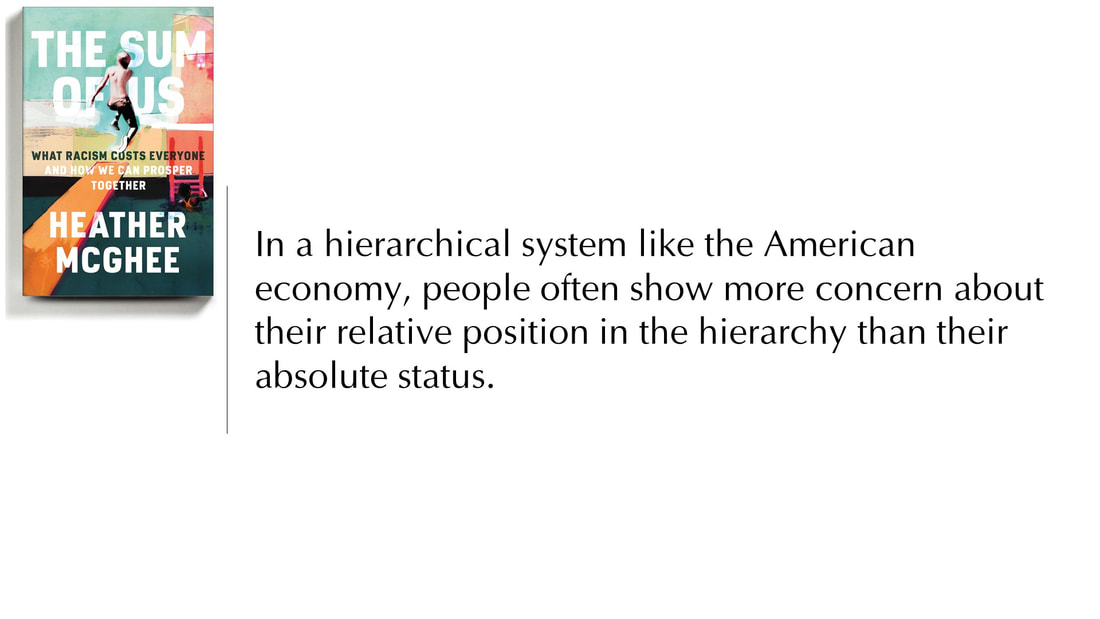Scott AndersonActs 4:5-12 † Psalm 23 † 1 John 3:16-24 † John 10:11-18 A video version of this sermon can be found here. Robin DiAngelo’s family was struggling. She and her two sisters were raised in poverty in the 1960s by their single mom: “…we were flat out.” She says. “We lived in our car. We were not bathed.” DiAngelo is the author of White Fragility, I suspect, one of the most important books of our time. It was clear DiAngelo’s mother was helpless and at her wits end. They had no resources and no help. They were hungry, but here’s the kicker: if she would reach out to take, for example, some food someone had left out, DiAngelo’s mother would stop her: ‘Don’t touch that. You don’t know who touched it, it could have been a colored person.’ ‘Don’t sit there. You don’t know who sat there, it could have been a colored person.’ That moment crystalized something for DiAngelo: The message was clear: If a colored person touched it, it would be dirty. But I was dirty. Yet in those moments, the shame of poverty was lifted. I wasn’t poor anymore. I was white.” Heather McGhee relates the conversation to us in her superb book The Sum of Us in the context of a chapter on unions and wages and their decline over the last 50 years. McGhee is helping us to understand how we moved from a period in the 1950s when strong unions and positive attitudes toward governmental action created an unprecedented era of high wages, an interstate highway system, a shimmering natural trail system through magnificent national parks, advanced health care, and a bustling middle class—at least for those who were called white—to a period of profound instability for so many of us. If we choose to pay attention, to acknowledge it, though, we know it was never a prosperity shared by all. W.E.B Du Bois saw the ways in which difference, particularly skin color, racism, was used to tear us apart and into what is essentially an American caste system. In his landmark 1930s era book Black Reconstruction in America, Du Bois to the heart of the persistent divide between poor whites and Black Americans and paints a picture of the systemic racism that has always been a tool in service of an elite class: There probably are not today in the world two groups of workers with practically identical interests who hate and fear each other so deeply and persistently and who are kept so far apart that neither sees anything of common interest. It must be remembered that the white group of laborers, while they received a low wage, were compensated in part by a sort of public and psychological wage. They were given public deference and titles of courtesy because they were white. They were admitted freely with all classes of white people to public functions, public parks, and the best schools. The police were drawn from their ranks, and the courts, dependent on their votes, treated them with such leniency as to encourage lawlessness. Their vote selected public officials, and while this had small effect upon the economic situation, it had great effect upon their personal treatment and the deference shown them. White schoolhouses were the best in the community, and conspicuously placed, and they cost anywhere from twice to ten times as much per capita as the colored schools. The newspapers specialized on news that flattered the poor whites and almost utterly ignored the Negro except in crime and ridicule. On the other hand, in the same way, the Negro was subject to public insult; was afraid of mobs; was liable to the jibes of children and the unreasoning fears of white women; and was compelled almost continuously to submit to various badges of inferiority. The result of this was that the wages of both classes could be kept low, the whites fearing to be supplanted by Negro labor, the Negroes always being threatened by the substitution of white labor.[i] This zero-sum mindset, this last place aversion has been a persistent tool of union-busting in recent years according to McGhee. Even as they struggled with the exploitation of sweatshops and slums, becoming “white” afforded [European immigrants] a civic and social esteem that could constantly be compared against the Black second-class citizens one rung below them. In order to maintain what Du Bois called a psychological wage these workers who were told they were white could not see themselves in solidarity with their Black counterparts. They instead had to sow rivalry in order to avoid being last. To fight for a fairer system, the working class would have needed collective action, which has always been in tension with the pull of American racism. Kris Rocke, a pastor in Tacoma taught me something I didn’t know this week. In his commentary on our passage in John he notes that anthropologists have uncovered a rather unsettling fact about the domestication of sheep around 10,000 years ago. Apparently animal husbandry was an invention of sacrificial religious systems that needed a constant supply of victims.
Sacrificial systems he notes, and we know it all too well, always require more victims. They “menace our soul and sow rivalry and mistrust between all people.[ii] So Jesus said, I am the Good Shepherd. And at least five times in this passage he reminds us that a good shepherd lays down his life for his sheep. It is a fulfilment of what the gospel writer reminds us in the first chapter of John when the Good Shepherd becomes the sheep—the “Lamb of God who takes away the sins of the world.”[iii] It is the how of the taking away that is so striking for me, though, and so full of possibility for us. Elsewhere Jesus unsettles the metaphors even more when he becomes not the shepherd or the sheep, but the sheep gate. The sheep gate in the temple was, it turns out, where the sheep passed through on their way to being sacrificed. Pastor Kris then makes the connection for us: So when Jesus is speaking of sheep, he is speaking of real victims being prepared for real slaughter by an insatiable, carnivorous system that feels like a whole pack of hungry wolves, especially if you happen to be sheep. Living with that fear has a way of not only terrorizing your soul, it also makes you paranoid that everyone you meet is a wolf in sheep’s clothing.[iv] So Jesus, the Good shepherd, the sacrificial lamb, the sheep gate lays down his life; he lays down his power, but he does so in order to take it up again. New life, resurrection life is found in the disruption of the very system that subjugates and divides and destroys. And it turns out the way is through forgiveness and resistance. This way is a way that refuses to allow this diabolical system to continue as it is. It refuses to look the other way when yet another sacrificial lamb is led against its will to slaughter. “We know love by this, that he laid down his life for us—and we ought to lay down our lives for one another.”[v] I think of Darnella Frazier who took up her cell phone and for 9 minutes and 29 seconds held her arm steady and recorded the murder of George Floyd. I can only imagine the courage that took knowing what she knows about the long history of police violence against people of color. Peter stood his ground in a court that used every ounce of intimidation available to powers and principalities to silence him to say to the rulers and power brokers “this man is standing before you in good health by the name of Jesus Christ of Nazareth, whom you crucified, whom God raised from the dead.” We too find the courage to see and name what is broken, what tears us apart, to love not in word or speech, but in truth and action[vi] because we know that we are part of one another, because we who have benefitted more than we deserve as a result of this sacrificial system, are ourselves saved by its dismantling and by our resistance to it. In their own beautiful ways those who have gone before us did just that. We give thanks this week especially for Linda King, Pat Sharpe’s daughter who gave of herself and her gifts throughout her life. And for Mary Lou Gilbert, a mentor to many of us in her political engagement in our local life. And for Joyce Walker took up a new way of seeing at 70 in her art and in her courage in questioning the status quo. And now that we have seen in this pandemic season what is broken and how to fix it by fixing ourselves, we too can lean on these stories and this Spirit. Behold the lamb of God who takes away the sins of the world. Amen. Notes: [i] W.E.B. Du Bois, Black Reconstruction in America (1935; New York: Free Press, 1998), 700. Quoted in McGhee, Heather. The Sum of Us (pp. 126-127). Random House Publishing Group. Kindle Edition. [ii] Kris Rocke. “The Good Shepherd.” Word from Below commentary from the group Street Psalms, April 23, 2021. Available online at: https://streetpsalms.org/the-good-shepherd-2/. [iii] John 1:29. [iv] Kris Rocke. “The Good Shepherd.” Word from Below commentary from the group Street Psalms, April 23, 2021. [v] 1 John 3:16. [vi] 1 John 3:18.
0 Comments
Leave a Reply. |
St. Andrew SermonsCategories
All
|



 RSS Feed
RSS Feed